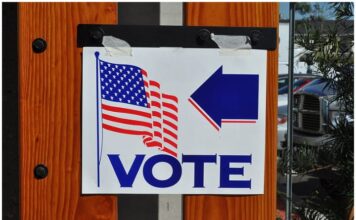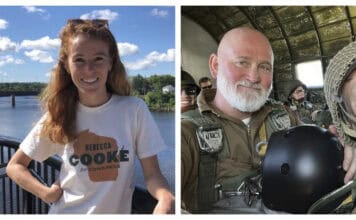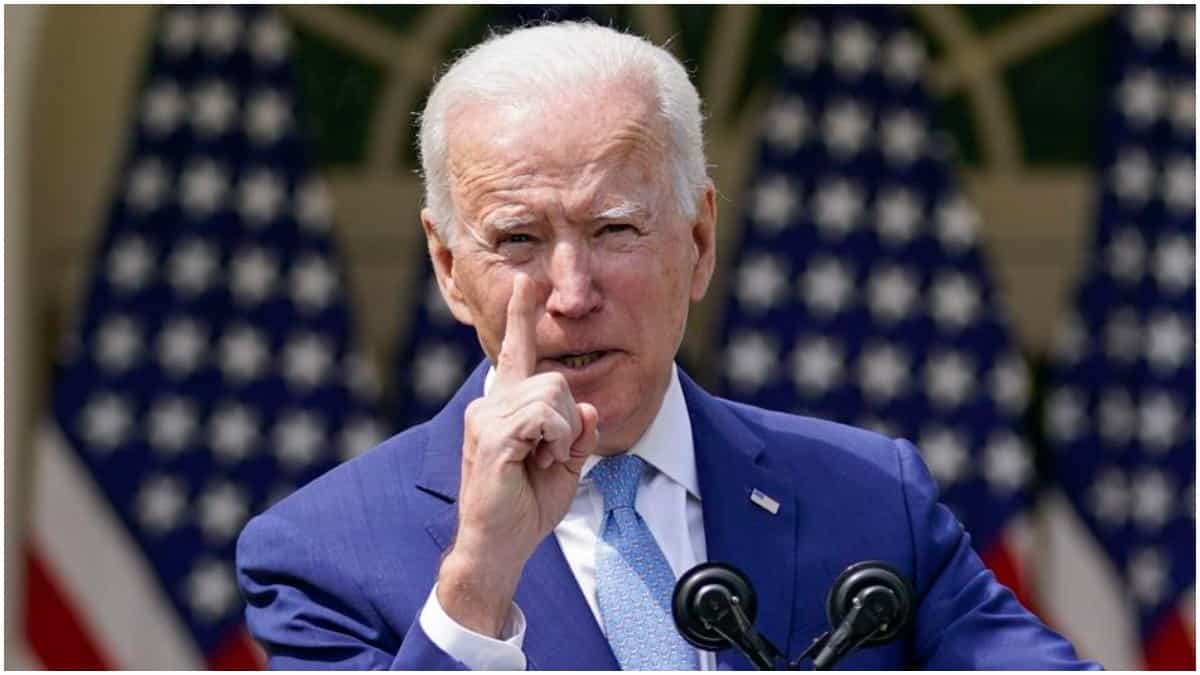According to Federal Court documents, William Harmening participated in one homicide investigation sometime between 1990 and 1993, has never been a crime scene specialist or criminalist, never investigated an officer-involved shooting, took one course on investigative methods which lasted less than a day, does not hold any certifications or licenses involving crime scene analysis or reconstruction.
William Harmening, the Jay Anderson family “expert” who testified against former Wauwatosa Police Officer Joseph Mensah in a new effort to get Mensah criminally charged in the six-year-old shooting death, was rejected as an expert in another police shooting case because a federal judge believed he “lacked the needed expertise” in key areas.
In addition, Wisconsin Right Now found that the professor – who told a judge that Mensah’s use of force was not “reasonable” – was previously accused of presenting a conclusion against a police officer that was “riddled with errors.” Harmening’s expert testimony was limited in other cases, and another judge raised questions about some of his findings. In a Fresno case, he was accused of injecting “mere speculation and conjecture” into his testimony.
We found case after case in which William Harmening, an adjunct professor, wrote reports in use-of-force cases around the country siding against the police. Those representing police officers have repeatedly questioned his expertise to weigh in on use-of-force matters, although some courts have qualified him as an expert. He has written articles critical of police, including one arguing that there is no correlation between people reaching for their waistbands and having an actual firearm. “When the Police Reach for an Excuse” is the headline.
In 2019, a federal court excluded Hermaning as an expert in multiple areas in a New Mexico case in which Harmening wrote a report critical of police. The court there found that Harmening “may not testify about blood evidence, shooting reconstruction, wound characteristics, or bullet trajectories” because he lacked the needed expertise. The United States District Judge also found that he “may not testify” on police policies and procedures and use of force but only because he hadn’t opined on those things in his report.
The court documents say that Harmening “holds an M.A. in Psychology from the University of Illinois at Springfield, teaches psychology and criminal justice at various institutions as an adjunct professor, and serves as the Chief Special Agent for the Illinois Securities Department.” Those court documents say:
During his career in law enforcement, Harmening participated in one homicide investigation, sometime between 1990 and 1993. He has never been a crime scene specialist or criminalist. As an instructor at the Lincolnland Police Training Center, in Springfield, Illinois, Harmening taught crime scene processing techniques approximately ten times to police cadets, but has never taught courses or segments involving the techniques of crime scene processing to criminalists. Harmening has never investigated an officer-involved shooting, though he participated in collecting and documenting a shooting crime scene approximately four times. He has never conducted forensic analysis on a bullet, and admits he is not qualified to analyze the characteristics of blood or other fluids, or to examine a firearm, cartridge, or bullet for tool marks. He has never studied the manner in which ammunition travels through the body and admits he is not qualified to make such analyses. In 1991 Harmening took one course on investigative methods, including wound characteristics, which lasted less than a day; he took other investigative training in the early 1980s. He is not a member of any professional organization involving forensic analysis of any kind and does not hold any certifications or licenses involving crime scene analysis or reconstruction. He has never conducted any experiments in wound ballistics or characteristics. Harmening testified that he has not received any training regarding blood stain patterns, shooting reconstruction, or crime scene processing with regard to evidence in a violent crime since 1993. Though Harmening has been published in peer-reviewed formats, none of those publications deal with processing or analyzing physical evidence. Harmening has been accepted as an expert in securities fraud and securities fraud investigation, but has never been accepted by a court as an expert in any other area.
Court documents allege, “County Defendants contend that Harmening is not qualified by education, training, or experience to opine on blood evidence, shooting reconstruction, wound characteristics, or bullet trajectories.” He had tried to testify against the police in such areas as alleging that blood spatter and bullet defect evidence contradicted the officer’s story, among other things.
In another case, a California court was concerned that, although the officer gave a statement saying he yelled, “stop, stop, get on the ground” prior to firing his weapon, Harmening stated, “It seems unlikely (the officer) yelled anything at all.”
Interestingly, he made a similar argument in the Mensah hearing. Harmening told the judge that Mensah should have asked Anderson not to reach for the gun on his car seat before shooting him. (Harmening also gave a deposition in a civil case filed by Dontre Hamilton’s family against the City of Milwaukee.)
However, according to a report by former U.S. Attorney Steve Biskupic – who found that there was insufficient evidence that Mensah used unlawful force in the Anderson case – Mensah said he told Anderson, “I see the gun! Keep your hands where I can see them!” Mensah said he made several other similar commands before Anderson lunged for the firearm, including, “I see the gun! Don’t reach for it!”
Harmening is the expert that the Anderson family attorney, Kimberley Motley, put forth in an attempt to get a judge to issue a criminal complaint against Mensah, despite the fact that four previous reviews – by Milwaukee police, DA John Chisholm, Biskupic, and the federal government – did not find that his use of force was unlawful.
Motley is using a rare legal maneuver in an attempt to get Judge Glenn Yamahiro to charge Mensah despite those past findings in the six-year-old case; it’s a John Doe proceeding that can be initiated by citizens in some cases if they disagree with a DA’s decision not to issue charges. Some fans of the Peoples Revolution protest/riot group that has targeted Mensah, including state Rep. Jonathan Brostoff, have highlighted Harmening’s testimony as a supposedly major moment in the case.
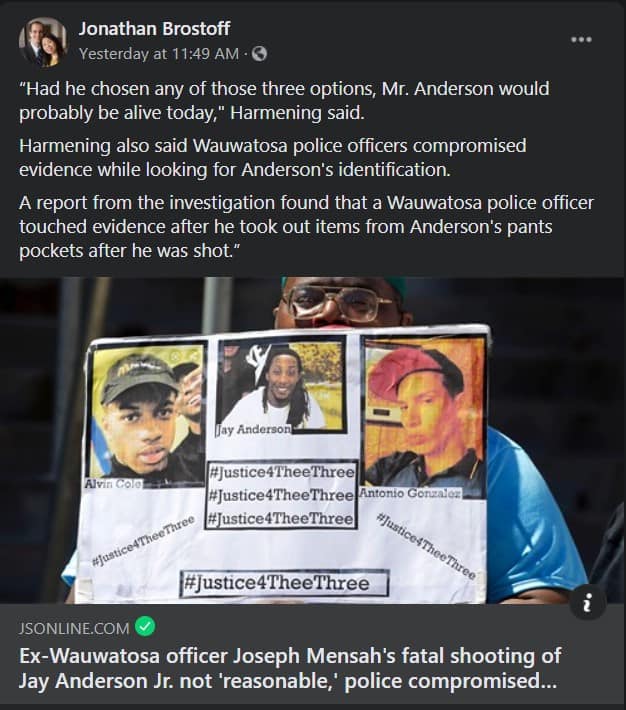
In Milwaukee news articles, William Harmening’s expertise – or lack thereof – was described so generically and briefly that readers aren’t given any hint of the past controversies over his qualifications. For example, WTMJ-TV called Harmening a “retired deputy sheriff.”
However, court records show Harmening has only investigated a single homicide – in the 1990s – and his law enforcement experience is largely confined to securities fraud. Harmening is also the author of a book called “forensic psychology.”
William Harmening is an outspoken professor. He has an old Twitter account in which he weighs in on politics, referring to MSNBC host Rachel Maddow as “Rachel Madcow,” declaring that he was “loving Trump’s tweets” and calling Bernie Sanders a “fraud trying to stay relevant.”
Questions Raised
In a South Bend, Indiana, police shooting case, Harmening argued that the officer fired shots downward at a man while he was “still on his knees.” The city argued that the professor’s testimony was “riddled with errors,” saying their own expert fired test shots and determined that angle was impossible, according to a January 2021 article in the South Bend Tribune. The case is pending.
The New Mexico judge noted, “In evaluating and opining on the physical evidence, Harmening testified that he does not follow a prescribed method but uses his own methodology.”
The New Mexico court found that expert witness testimony is assessed by this test:
A witness who is qualified as an expert by knowledge, skill, experience, training, or education may testify in the form of an opinion or otherwise if: (a) the expert’s scientific, technical, or other specialized knowledge will help the trier of fact to understand the evidence or to determine a fact in issue; (b) the testimony is based on sufficient facts or date; (c) the testimony is the product of reliable principles and methods; and(d)the expert has reliably applied the principles and methods to the facts of the case.
The court concluded:
Even applying the liberal definition of an expert, the Court does not see…any basis upon which to determine that Harmening is qualified to opine on blood evidence, shooting reconstruction, wound characteristics, or bullet trajectories. Harmening lacks training or experience in these areas and interpretation of the physical evidence is not ‘within the reasonable confines’ of Harmening’s expertise: psychology and securities fraud.
The court did not rule on whether he was qualified as an “expert in police policies and procedures and the use of force” because his report did not contain opinions specifically on those matters, the decision says.
The defendants argued that William Harmening used unreliable methodology, made “speculative” statements, and was not qualified to testify in areas he was opining on. They noted his securities fraud focus and said his other “minimal training from more than thirty years ago” doesn’t qualify him as a use-of-force expert now.
In a second civil case involving a California police shooting, the City of Fresno argued in 2019 that Harmening “is not qualified to opine on the subjects he lists, pointing to Mr. Harmening’s CV and lack of experience in qualifying or testifying about use of force issues, and so he should be barred from testifying.”
The City of Fresno accused him of offering “no reliable basis for how he came to form his opinions, and contending these statements are mere speculation and conjecture.” The court noted, “In assessing whether an expert has the appropriate qualifications, the court only need consider whether the expert offers some special knowledge, skill, experience, training, or education on the subject matter.” The court, in that case, allowed him to testify as an expert, but raised concerns “about a number of statements made by Mr. Harmening in his expert report.”
Ultimately, the court found that the jury should make its decisions based on testimony by witnesses who were actually present during the shooting because William Harmening was not. The court limited Harmening’s expert testimony in some areas.
A federal court in Washington also excluded testimony by Harmening in a case involving a shooting by a deputy sheriff. The court found that the question of use of force should be determined by the jury and that “expert testimony will not assist the jury in making this determination.”
The defendants questioned Harmening’s qualifications in a Kentucky jail misconduct civil case; those court documents say they alleged he “improperly strays into medical territory.” That court case, from 2020, says that Harmening “has provided expert opinions in roughly forty excessive force cases. Harmening concedes, though, that he has no medical training.” The court ruled that William Harmening could not offer medical testimony. The plaintiffs also argued that Harmening was not qualified to testify as an expert in excessive force issues. The judge, in that case, found that Harmening qualified as an expert because, in part, “within the last five–seven years, he has taught college courses in forensic psychology and crisis intervention (each containing force units), as well as in criminology and correctional psychology.”
In 2014, CBS Local reported that Harmening was “the chief special agent for the Illinois Securities Department and commands a cadre of special agents who investigate allegations of securities fraud in Illinois.” He declares on his website that he’s retired.
A Pattern of Anti-Police Reports
Harmening has a history of writing anti-police reports in use of force cases. For example, he wrote a report in a St. Louis police shooting case that criticized the county attorney who ruled the officers would not face charges.
He also wrote a report critical of police in a case where an elderly woman was tased in Georgia. He wrote a report critical of the police and circuit attorney in another St. Louis police shooting case. In that case, the family asked prosecutors to reopen the case four years after it occurred.
He was also critical of police in a taser-related death in Iowa. He testified on behalf of the plaintiff in another case involving a police shooting in Georgia.
His opinions against Mensah were just as scathing.
The Milwaukee Journal Sentinel described Harmening as a “forensic psychologist,” who told Judge Glenn Yamahiro, “This was in no way a reasonable shooting by Officer Mensah…It’s my opinion that there was no active imminent threat at all.” The newspaper called Harmening “a retired law enforcement officer of 37 years.”
According to the Journal Sentinel, Harmening suggested that Mensah should have waited for backup from other officers, approached the vehicle from the other side, asked Anderson not to reach for the weapon, or asked Anderson to step out of the car.
However, his conclusions are the opposite of that reached by Chisholm himself and other investigators multiple times in the past – who did not find that Mensah used unlawful force.
The report by former US Attorney Biskupic provided some investigatory details of what happened during that shooting:
According to Biskupic’s report, Anderson possessed a firearm, a Ruger model SR9c, 9mm, semi-automatic pistol. Anderson had a prior misdemeanor conviction for possession of a firearm while intoxicated. That night he consumed brandy and smoked marijuana with a friend, and then he went to a closed park, and it’s believed he smoked more marijuana. His loaded firearm was on the front passenger seat next to him. Mensah said he refused to give him his ID.
Anderson initially complied and placed his hands in the air about chest or shoulder height. “However he suddenly reached toward the seat with his right hand while looking at the weapon (on the seat.) Mensah stated he immediately moved his weapon to the high ready position and ordered hands up and radioed, ‘He has a gun! Step it up!’ The driver placed both hands in the air stating, ‘What? There’s nothing there! It’s nothing!”
Mensah said, “I see the gun! Don’t reach for it!” The driver again reached toward the front passenger seat. Mensah ordered, “Stop reaching for the weapon!” The driver pulled back and said, “It’s nothing.” Mensah said the driver made at least four separate movements with his right arm toward the front passenger seat. Each time Mensah ordered him to stop and the driver returned both of his hands into the air.
Mensah stated the last time the driver made a movement, instead of just his right arm moving toward the gun on the seat, his whole body lunged toward it. Mensah yelled, “Keep your hands up,” but the driver did not comply and Mensah discharged his weapon 3-4 times, Mensah told investigators.
A squad video shows Mensah standing outside the passenger door with his right arm extended. A subject is sitting in the driver’s seat and his right arm can be observed in the air. The driver was moving around with both hands in the air. Then, the driver’s right hand was moving side to side. Then movement by the driver is observed and the right hand can be seen extending toward the passenger front seat. The right hand dropped from view. That’s all according to the Biskupic report.
Mensah is now a Waukesha County Sheriff’s Deputy. He shot and killed three men while on duty but Chisholm cleared him in all three deaths. In each case, the men shot had a weapon.
Jon Cermele, Mensah’s attorney, said in a statement to WTMJ-TV, “Petitioner may not like it, but the issue as to whether Deputy Mensah’s actions in this incident rose to the level of a crime has been decided. Not once. Not twice. But three times. Deputy Mensah’s use of deadly force with respect to this incident has been repeatedly determined to have been privileged and in self-defense, and Petitioner has failed to identify any evidence not previously considered, there exists no valid reason for this Court to enforce the subpoena or even entertain this matter any further.”
Read MPD’s report on the Anderson shooting here.
We requested a comment from Harmening as to his qualifications and experience to give expert testimony in this case. This was his response:
Table of Contents


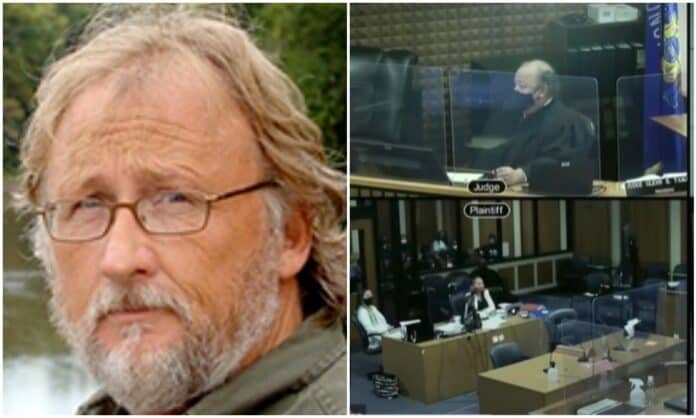







![Phil Gramm’s Letter to Wall Street Journal [Up Against the Wall]](https://www.wisconsinrightnow.com/wp-content/uploads/2025/03/gramm-356x220.png)


